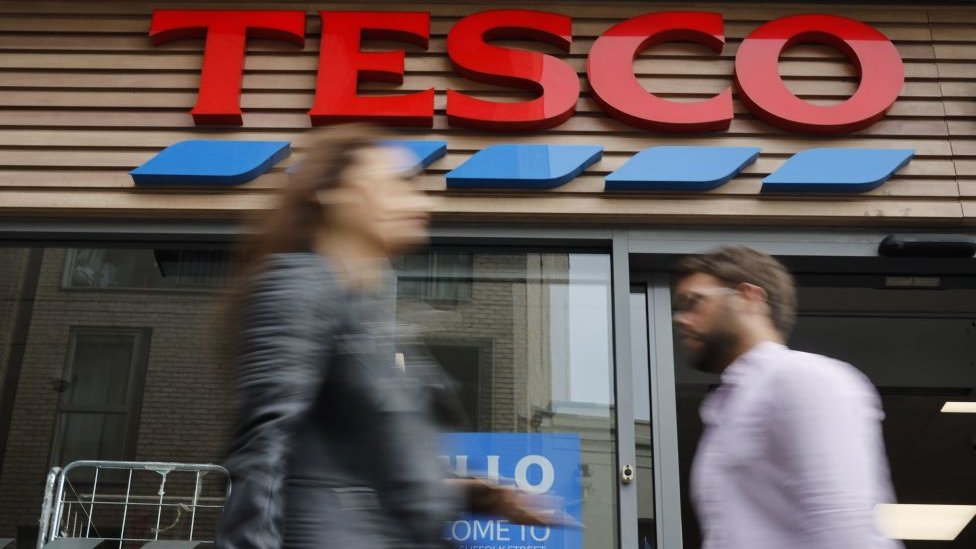The grocers Sainsbury’s and Aldi have said they will hand back a combined £540m of business rates relief they received as support in the pandemic.
They follow Tesco and Morrisons, who promised to repay £850m between them.
Supermarkets, whose sales have boomed in the crisis, have been criticised for taking government support while paying dividends to shareholders.
Both Sainsbury’s and Aldi said the decision reflected the fact they had been allowed to stay open in lockdown.
Despite incurring “significant costs” in the crisis, Sainsbury’s said its sales and profits had been “stronger than originally expected”.
“With regional restrictions likely to remain in place for some time, we believe it is now fair and right to forgo the business rates relief that we have been given on all Sainsbury’s stores,” boss Simon Roberts said.
“We are very mindful that non-essential retailers and many other businesses have been forced to close again in the second lockdown and we hope that this goes some way towards helping them.”
Giles Hurley, boss of Aldi UK, said returning the full value of its business rates was “the right decision to help support the nation”.
In March, all retail, hospitality and leisure businesses in England were given a business rates holiday for 12 months to help them get through the crisis.
But MPs have criticised supermarkets for taking around £1.9bn in help while paying dividends to shareholders, calling it an “absolute scandal”.
Earlier this month, Mr Roberts defended Sainsbury’s decision to pay out £230m to investors at a time when the chain is also cutting 3,500 jobs and vowing to close 420 Argos stores as part of a restructuring plan.
The company pointed out it had taken no money from the government’s furlough wage support scheme.
However, it will hang on to a further £40m of business rates relief for its Argos stores, which as non-essential shops had to close in the lockdowns.

On Wednesday, Tesco said it would repay £585m after it had been criticised over investor payouts.
Morrisons also announced it had “brought forward” a decision on rates relief and would pay back £274m.
Kathleen Brooks, of financial analysts Minerva, told the BBC that supermarkets had faced “a lot of political and media pressure to follow suit”.
Some would also see it as a way to avoid having to “answer to government”, as banks had to after being bailed out in the 2008 financial crisis.
However, other grocers have said they will not repay the rates relief.
Marks and Spencer, which reported a half year loss and has cancelled its dividend for 2020, said the government support had been “much-needed” during “incredibly challenging circumstances”.
While the retailer sells food, most of its clothing and homeware store space has had to close during the lockdowns.
On Wednesday, the Co-op said the amount it had spent on protecting staff and customers outweighed the savings from rates relief. But the retailer added it would consider its position on government support again at the end of the year.
Waitrose-owner the John Lewis Partnership said the relief would help offset the “significant” sales lost while its John Lewis shops were closed, as well as money spent on staying secure from Covid.
“The outlook remains incredibly uncertain and government support remains crucial to help us navigate the crisis,” it said.
Source: BBC
